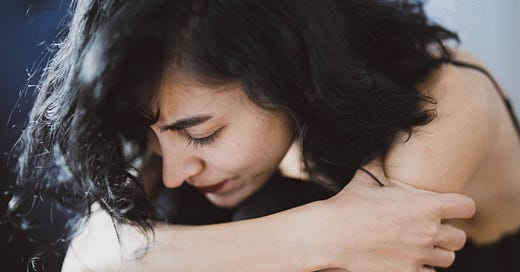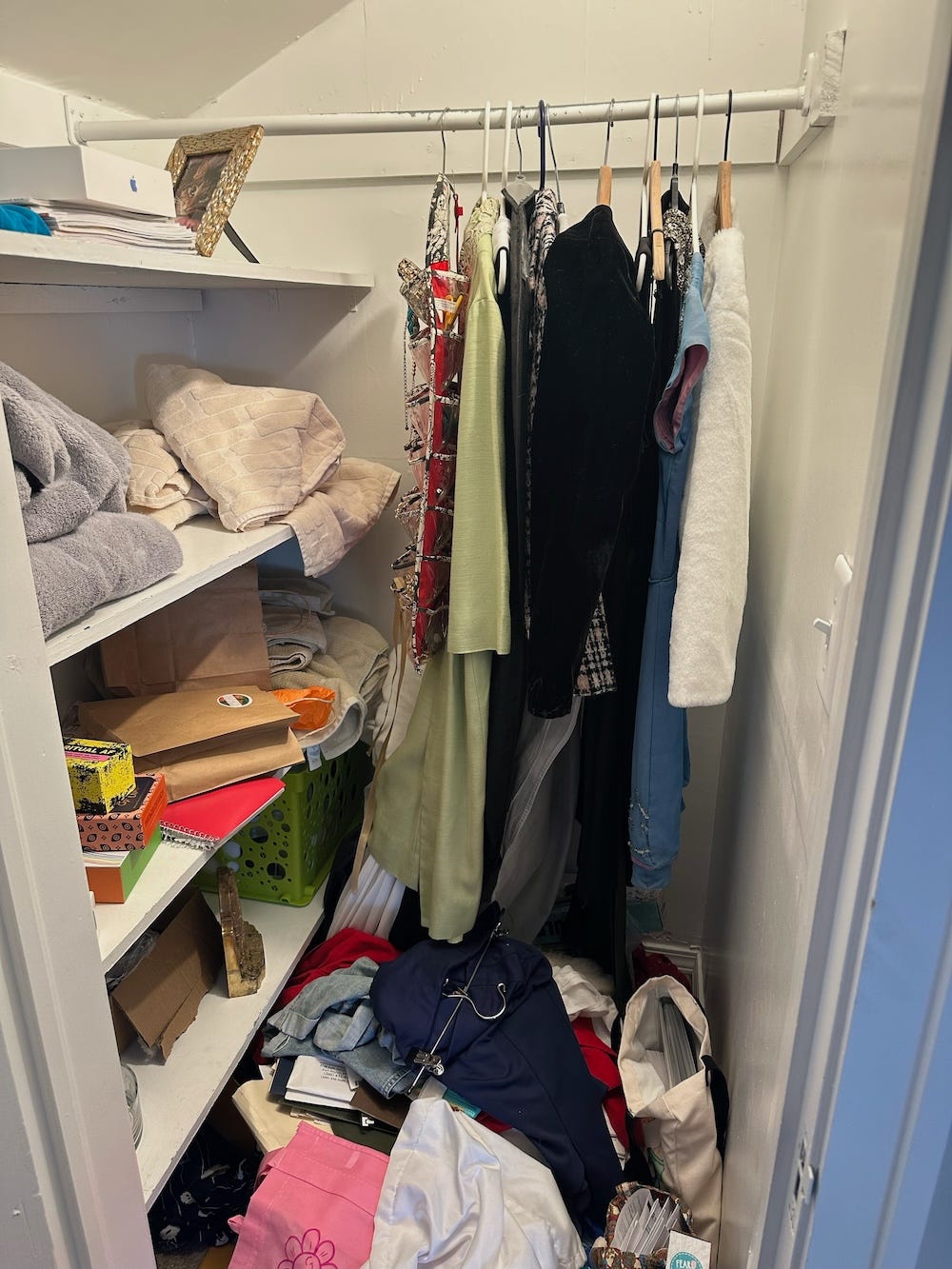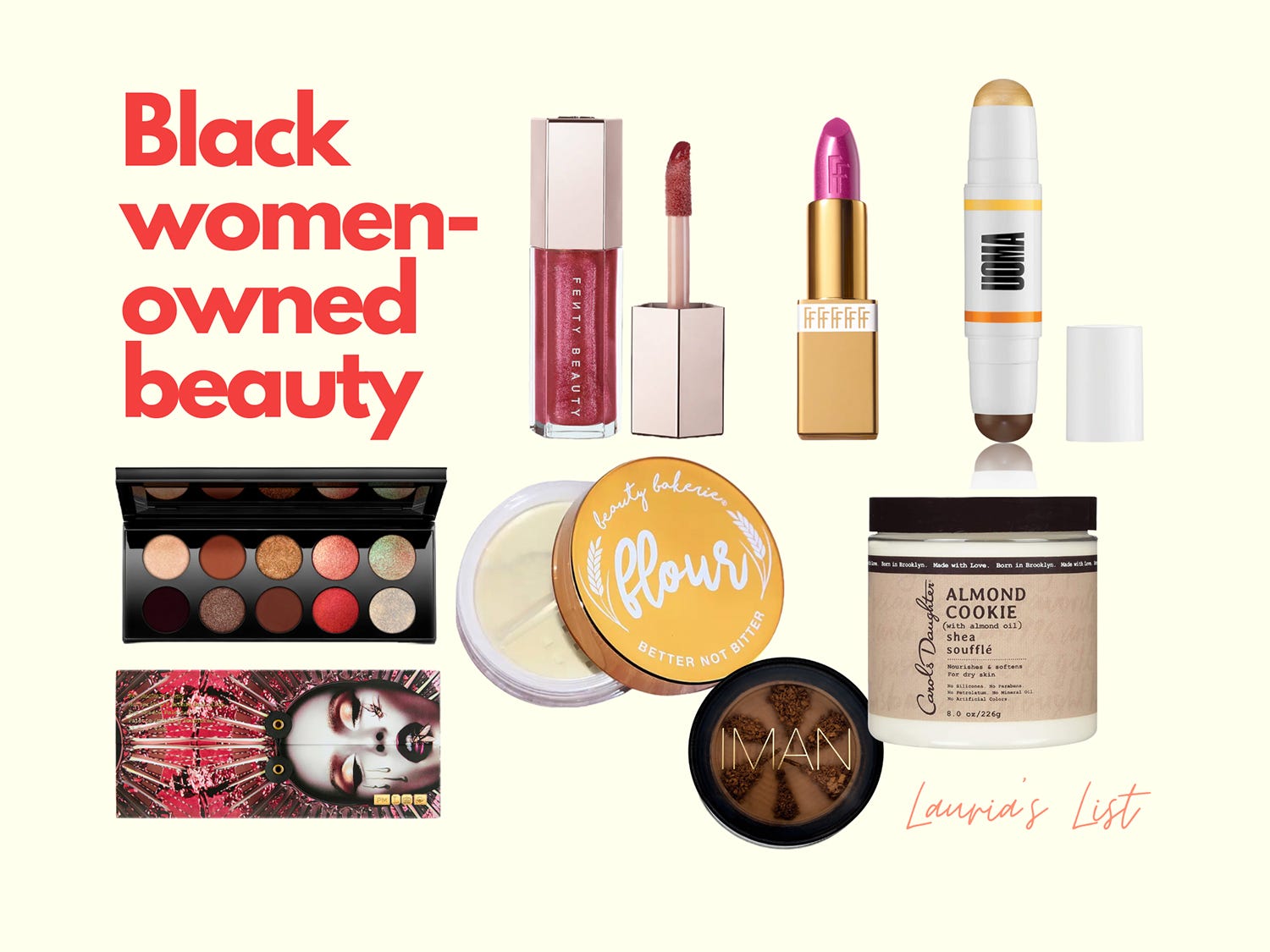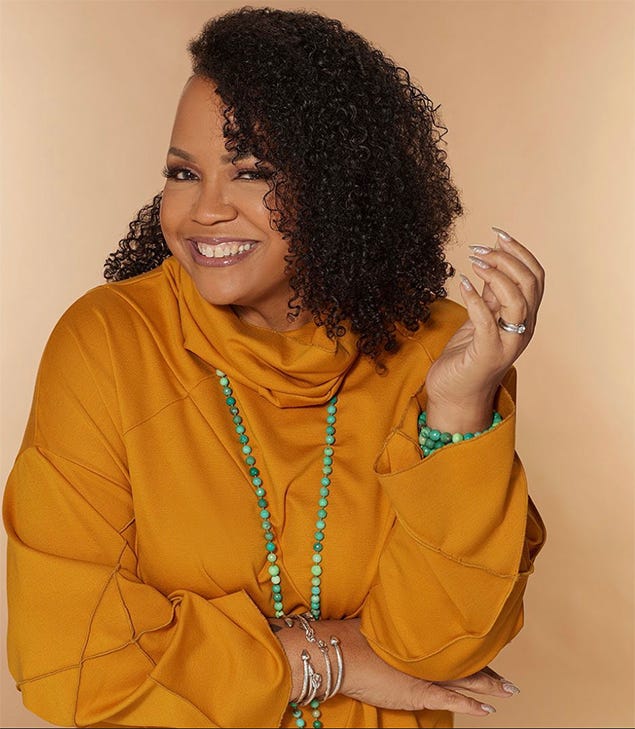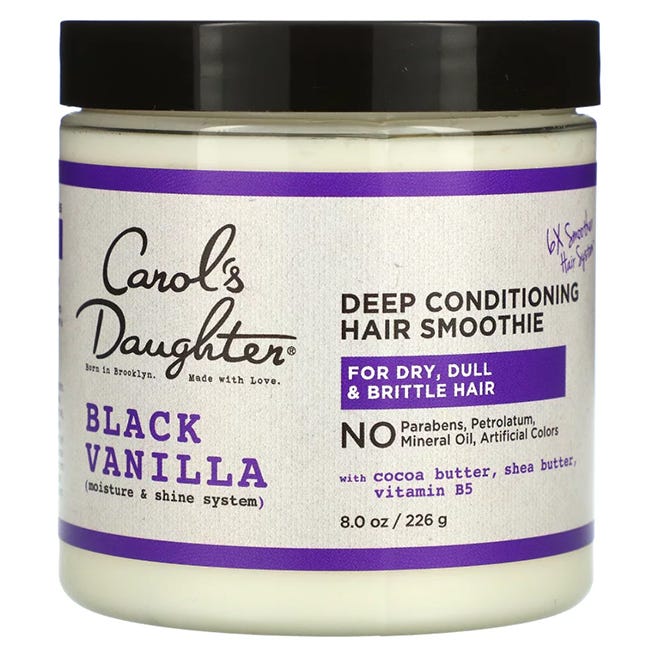Why are women with ADHD slipping through the cracks?
Why are so many girls and women with ADHD overlooked and undiagnosed, and how can we change the landscape?
By
One time in grade school, my mother took me to a wallpaper store in my hometown. While there, a woman brought her two children, who happened to be my classmates.
The mother — let’s call her Theresa — left the store intentionally without her children. She returned, of course, to retrieve them — exasperated — and I imagine embarrassed by the blunder. My own mother was taken aback. How could a mother do such a thing? How could your own offspring be an afterthought?
Now, 30 years later, I filter this encounter through a different lens: Did Theresa have Attention-Deficit/Hyperactivity Disorder (ADHD)? I’ll never know for sure, but I think it’s a very solid theory.
Spacey and scatterbrained? Or a seriously debilitating attention disorder?
As I navigate my own ADHD diagnosis, I wonder how many Theresas are out there: Women whom society views as flaky, lazy, or spacey but in reality, they struggle with executive function and short attention spans.
Over my life, I’ve experienced plenty of stigma around ADHD that has left me feeling “less than.” For instance, I’m chronically late due to time blindness. I have baking horror stories. (Just ask my mom about the infamous chocolate chip cookies/bricks.) I routinely misplace important documents. I get overstimulated and overwhelmed in contexts when multiple people are peppering me with questions back to back. I leave the house without my keys each week more times than I’d like to admit. In other words, the struggle is real, despite modern interventions.
Recently, a college friend told me, “I don’t consider ADHD a mental health disorder.” Ouch. Despite attitudes like these, I feel fortunate for the millions of us ADHD’ers in the United States that clinicians recognize it as a legitimate disorder — and that help is available.
Yet, despite the rapid pace of medical advancement, many of us are still often left on the sidelines. Academics believe gender bias can lead to misdiagnosis and underdiagnosis of ADHD in women and girls. Boys receive ADHD diagnoses much more often than girls, according to the Centers for Disease Control and Prevention (CDC). The contrast is stark — 12.9 percent vs. 5.6 percent for the fairer sex.
Did you know?
“Starting in childhood, girls tend to show their ADHD symptoms internally, not externally like boys. For instance, boys, generally, are acting out in school. They’re drawing attention to themselves and can’t control their behaviors. They’re pushing other kids in the lunchroom. They’re talking to kids in the back. All of this behavior brings them the type of attention that can lead to getting evaluated for ADHD.”
— Terry Matlen, MSW and author of The Queen of Distraction: How Women with ADHD Can Conquer Chaos, Find Focus, and Get More Done
Black women-owned beauty brands you’ll love
By
Fact: Beauty products from Black-owned brands make up less than 7% of what’s on shelves (mckinsey.com, 2021).
I very clearly remember shopping beauty looks for a video shoot that featured three Black models, early in my career. My amateur makeup kit had a modest range of colors from Ben Nye and other stage palettes recommended to me by my incredible — and Black — theatrical makeup professor and mentor in college.
When I went shopping to add more hues (because I was young and poor and mostly bought makeup that my pale face could wear, too), I was shocked to find such a limited color selection. I went to three drug stores to get what I needed for the one shoot — and that was my introduction to the bias and limitations that Black and brown women face in the beauty industry. I also realized that the feminist dialogue at the time, subject to dissecting the almighty male gaze, was whitewashed by Anglo ideals as well. A double stab in the heart.
Now over 25 years later, most beauty brands (note the controversies of Tarte, BeautyBlender, and YSL for their limited hues) have expanded their ranges to include almost all skin tones.
Let’s celebrate and support the legacy of Black women-owned brands over the decades, and those making recent launches into the very important spectrum of beauty offerings.
Lisa Price founded Carol’s Daughter in her Brooklyn kitchen, mixing up fragrances, creams and healing oils as a creative outlet from her TV production career. In 1993, Lisa’s mother Carol — the namesake of her company — encouraged her to start selling from her living room and flea markets.
Word of mouth and celebrity customers like Jada Pinkett-Smith and Erykah Badu landed her a seat in the L’Oréal family in 2014, where Lisa was able to expand her “made with love” line.
Midlife: Don’t knock it til you’ve tried it.
Thanks for reading The Midst on Galentine’s Day! We’re building a movement here. Spread the word to your GALs.
P.S. We just selected winners of our official launch giveaway! You might be a winner — stay tuned for an email from asia@the-midst.com.


